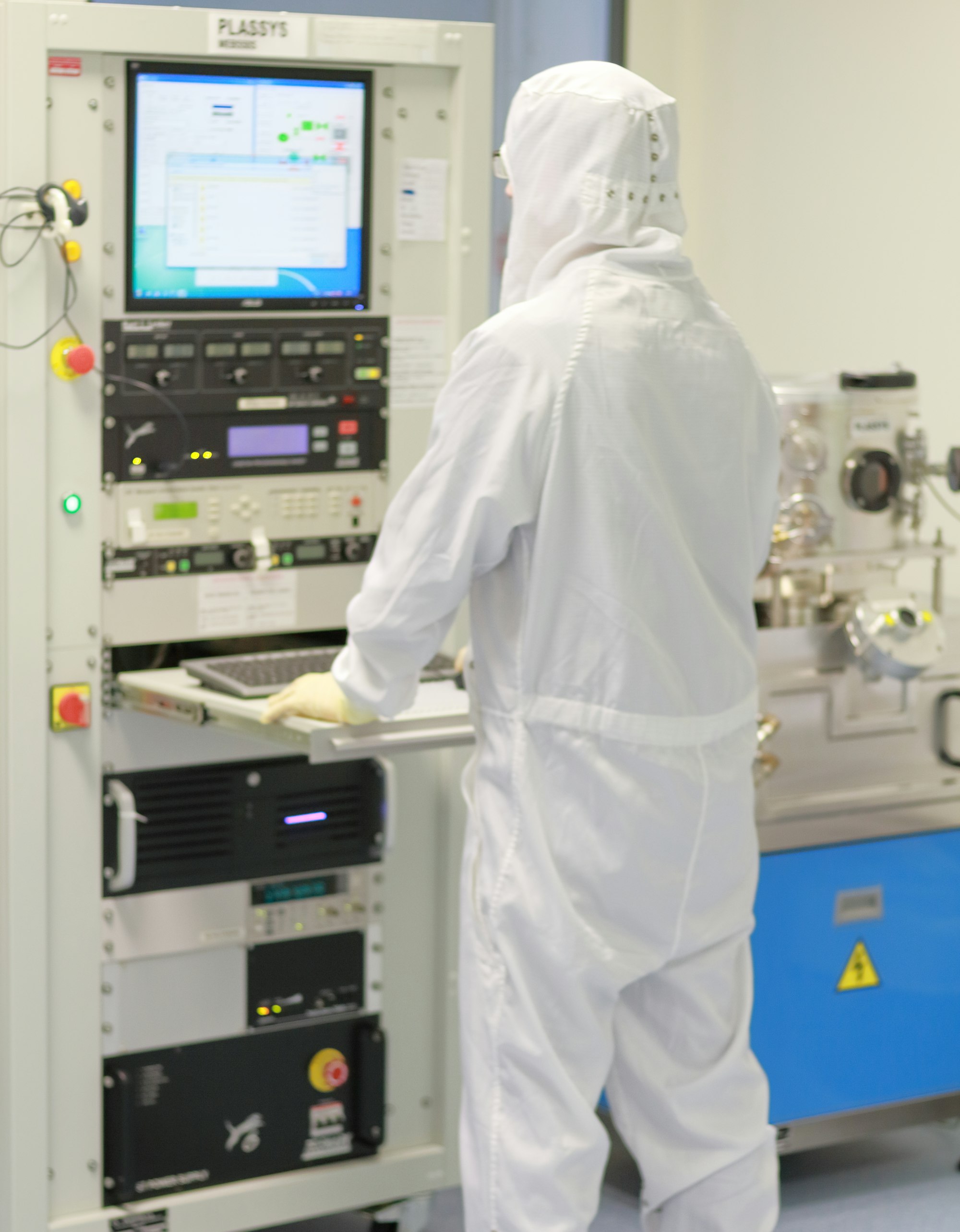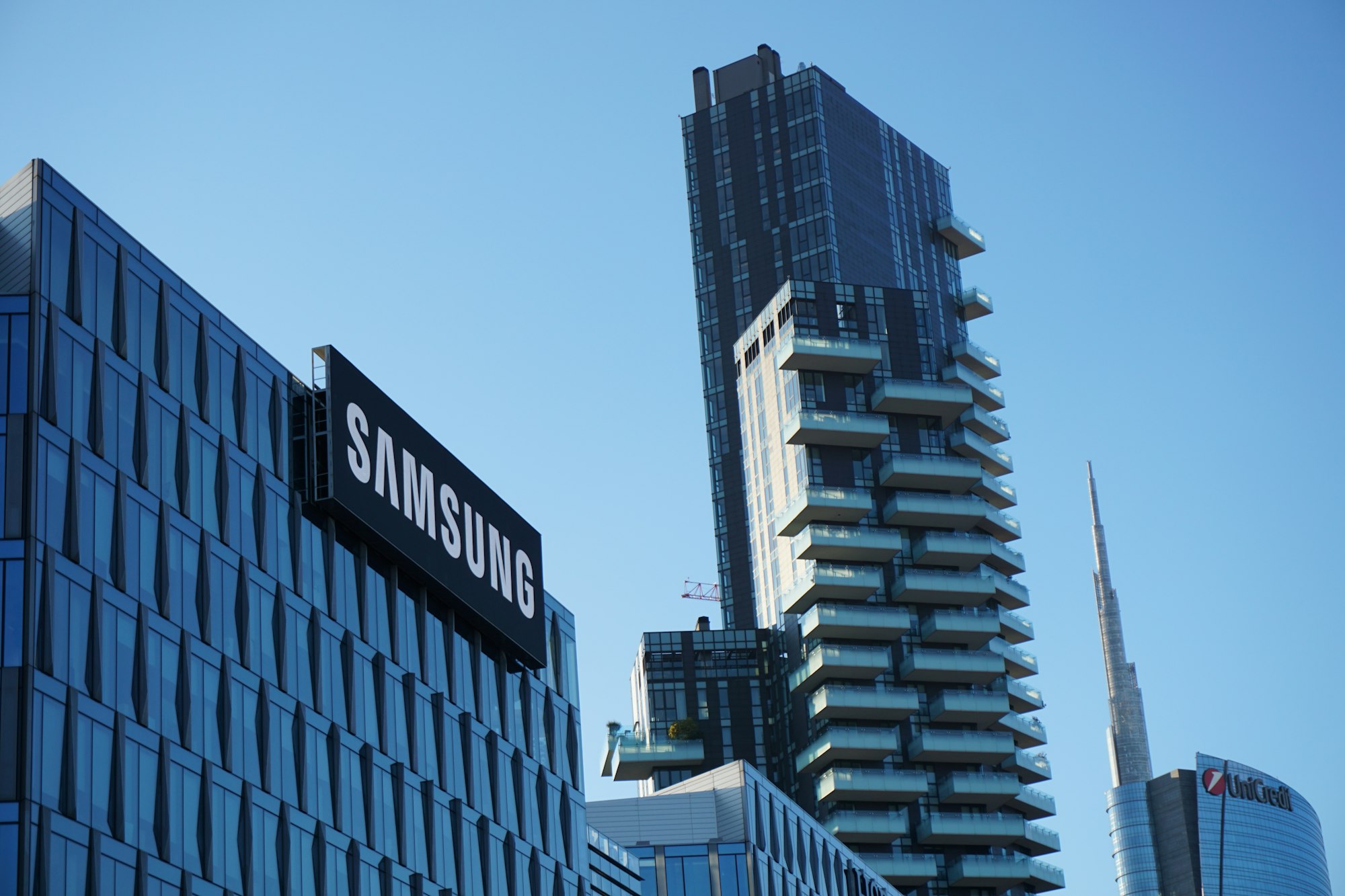Japan Is Leading The Way
In a demonstration of Japan's legacy in industrial strategy, the country has constructed a $8.6 billion semiconductor factory, sprawling over an area equivalent to 40 football fields, in less than two years. This achievement marks a significant milestone in Japan's bid to reinforce its status as a leading semiconductor manufacturing hub.
- The Japanese government has played a pivotal role in this development, providing more than $3 billion in subsidies to Taiwan Semiconductor Manufacturing Company (TSMC) and mobilizing thousands of workers to expedite the construction process.
- The plant, managed by TSMC's subsidiary, Japan Advanced Semiconductor Manufacturing, is on track to begin mass production within the year, aligning with its scheduled timeline.
A Different Story In The U.S.
Meanwhile, TSMC's parallel initiative in Phoenix, Arizona, presents a contrasting narrative. Unlike in Japan, the Biden administration has not pledged financial support for TSMC's Arizona project. The company has also faced challenges in importing Taiwanese specialists essential for the plant's development, leading to a delay in the project's timeline. Initially slated to open this year, the Phoenix plant's inauguration has been postponed to 2025, with a second facility's launch pushed further to at least 2027.
- Although the two projects differ in scale and technological ambition—with the U.S. facility aimed at producing more advanced chips—comparison between them sheds light on the varied experiences and challenges faced by TSMC in leveraging government support and navigating regulatory landscapes.
- Individuals close to the projects suggest that the slower pace in the U.S. can be attributed to stringent conditions and a more complex negotiation process for government support, contrasting with the swift, streamlined approach observed in Japan and other parts of Asia.
A Second Plant In Japan
Japan has announced it will provide an additional $4.86 billion in subsidies to TSMC for the construction of a second chip plant in the country. This announcement coincided with the grand opening of TSMC's first plant in Japan.
- This move is part of Japan's strategy to bolster its advanced semiconductor manufacturing capabilities and safeguard its industrial supply chains from potential disruptions, especially considering the increasing tensions with China.
- According to Ken Saito, Japan's Minister of Economy, Trade and Industry, the new chips produced will be more sophisticated than those from the first factory, supporting technologies like AI and autonomous driving. This development is aimed at ensuring Japan maintains a stable semiconductor supply.
With this additional funding, the total subsidies provided to TSMC for its operations in Japan will exceed 1 trillion yen. TSMC is also expanding its footprint in the United States and Germany and aims to start mass production in Japan by the end of this year. The total investment for TSMC’s expansion in Japan, including the second factory, is expected to surpass $20 billion.
Disclaimer
Please note that Benchmark does not produce investment advice in any form. Our articles are not research reports and are not intended to serve as the basis for any investment decision. All investments involve risk and the past performance of a security or financial product does not guarantee future returns. Investors have to conduct their own research before conducting any transaction. There is always the risk of losing parts or all of your money when you invest in securities or other financial products.
Credits






